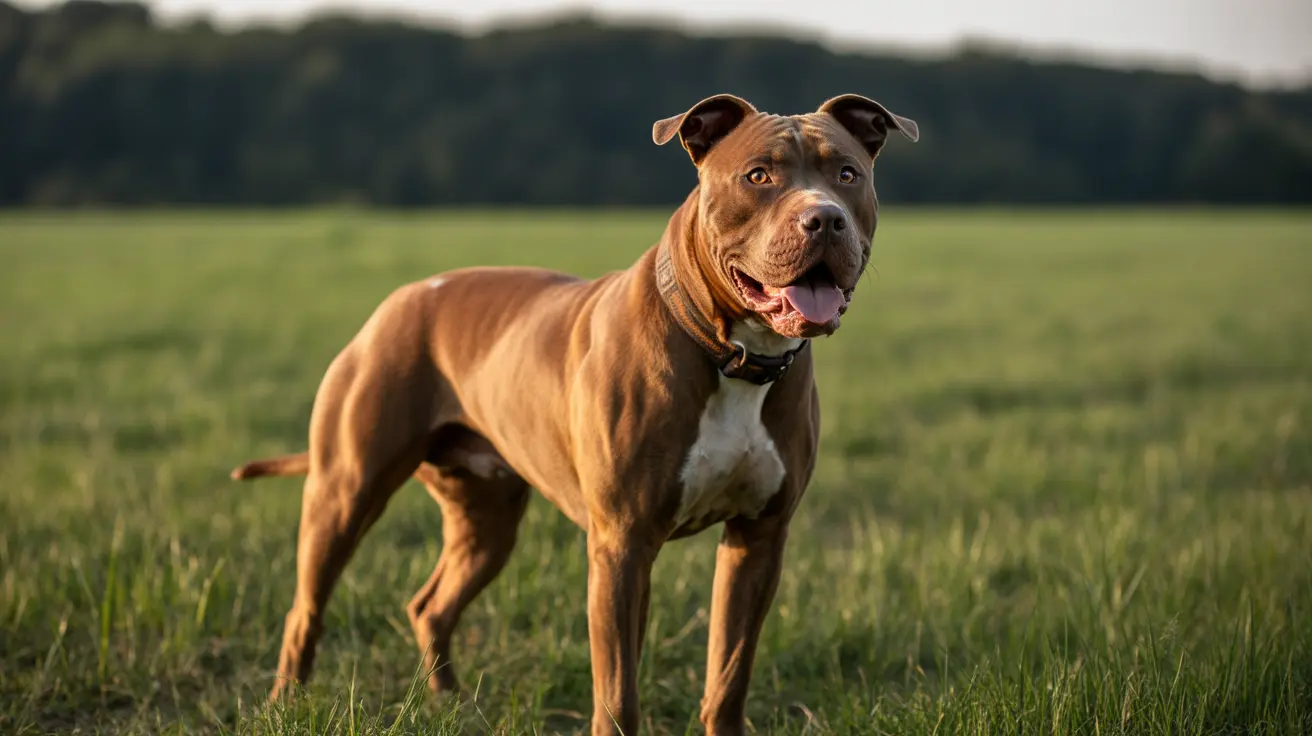Can Bulldogs Have Down Syndrome? Understanding the Truth Behind Canine Health Issues
While it's understandable why some pet owners may think certain canine behaviors or physical traits resemble those seen in humans with Down syndrome, the reality is far more complex.
Down syndrome is a uniquely human genetic condition caused by the presence of an extra chromosome 21, leading to several physical and cognitive signs. Humans have 23 pairs of chromosomes, while dogs have 39 pairs, making it biologically impossible for dogs to have Down syndrome in the same form.
However, this doesn't mean dogs aren't susceptible to congenital or genetic conditions that mimic the symptoms observed in Down syndrome. In this article, we’ll explore the conditions often mistaken for Down syndrome in dogs, especially in breeds like
bulldogs, and how pet owners can seek a proper diagnosis and care plan.
Why Dogs Can't Have Down Syndrome
Dogs and humans differ significantly in chromosomal structure. Humans possess 23 pairs of chromosomes, while dogs have 39. Down syndrome in humans results from trisomy 21—a full or partial extra copy of chromosome 21. Since dogs don’t have an analogous chromosome 21, this specific condition cannot occur in canines.
Conditions in Dogs That May Mimic Down Syndrome
Although dogs can't have Down syndrome, some congenital or hereditary disorders might present similar developmental delays or physical abnormalities. These include:
- Congenital Hypothyroidism: Causes stunted growth, broad heads, slow reflexes, and coat issues. Common in French Bulldogs and German Shepherds.
- Pituitary Dwarfism: Seen in breeds like German Shepherds, resulting in small stature, soft coats, underdeveloped teeth, and behavioral delays.
- Congenital Hydrocephalus: Fluid buildup in the brain causing domed skull, motor issues, seizures, and visual deficits, especially in Bulldogs, Chihuahuas, and Pomeranians.
- Portosystemic Shunt: Liver bypass condition causing neurological signs, poor growth, vomiting, and confusion. Breeds at risk include Yorkies, Maltese, and Irish Wolfhounds.
- Chromosomal Abnormalities: Rare but possible anomalies mimicking developmental and physical features of Down syndrome.
Signs That May Suggest a Developmental Disorder in Dogs
Pet owners may observe symptoms such as:
- Flat or wide-set facial features
- Short limbs and slow growth
- Low muscle tone or coordination problems
- Hearing or vision issues
- Delayed reflexes or cognitive performance
- Poor coat condition
- Disorientation, seizures, or lack of social interaction
Breed Predisposition and Bulldog-Specific Risks
Bulldogs, especially the English and French varieties, are brachycephalic breeds often subject to health concerns like hydrocephalus or congenital hypothyroidism. These conditions can produce symptoms somewhat reminiscent of Down syndrome, such as unusual facial bone structure, breathing difficulty, or reduced activity levels.
Diagnosis and Treatment Options
Veterinary intervention is crucial for any suspected developmental disorder. Diagnostic steps may include:
- Blood tests (including thyroid panels)
- MRI, ultrasound, or X-ray imaging
- Genetic testing in specialty labs
Treatment depends on the diagnosis:
- Hypothyroidism: Managed with hormone supplementation
- Pituitary Dwarfism: Requires growth and thyroid hormone therapy
- Hydrocephalus: Treated through brain pressure medications or surgery
- Portosystemic Shunt: Needs surgical intervention or specialized diet plans
Supportive Care At Home
Although there are no home remedies for congenital or genetic disorders, supportive care makes a significant difference. Proper care may involve:
- Administering medicines as directed
- Creating a safe and accessible home environment
- Special nutrition protocols
- Regular grooming and coat maintenance
- Environmental adjustments like ramps for mobility
Conclusion
Though dogs, including bulldogs, cannot have Down syndrome due to biological differences, they can live with various
genetic or congenital disorders that present similar symptoms. Pet owners who notice signs like abnormal facial features, developmental delays, or behavioral issues should seek immediate veterinary consultation. Early diagnosis enables the best possible management, improving the quality of life for affected dogs.
Providing informed, compassionate care ensures a fulfilling life for your furry companion—no matter their medical challenges.





